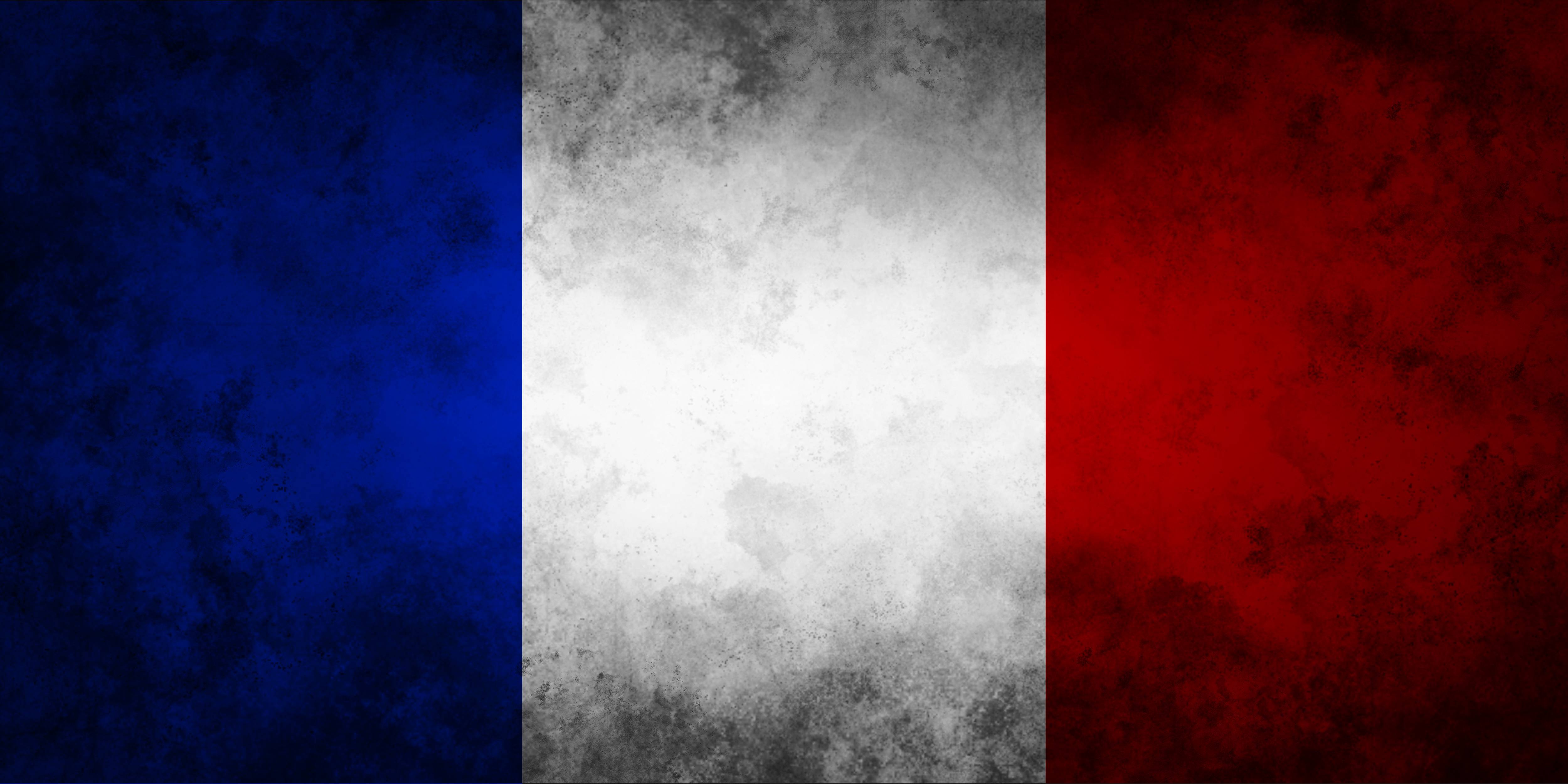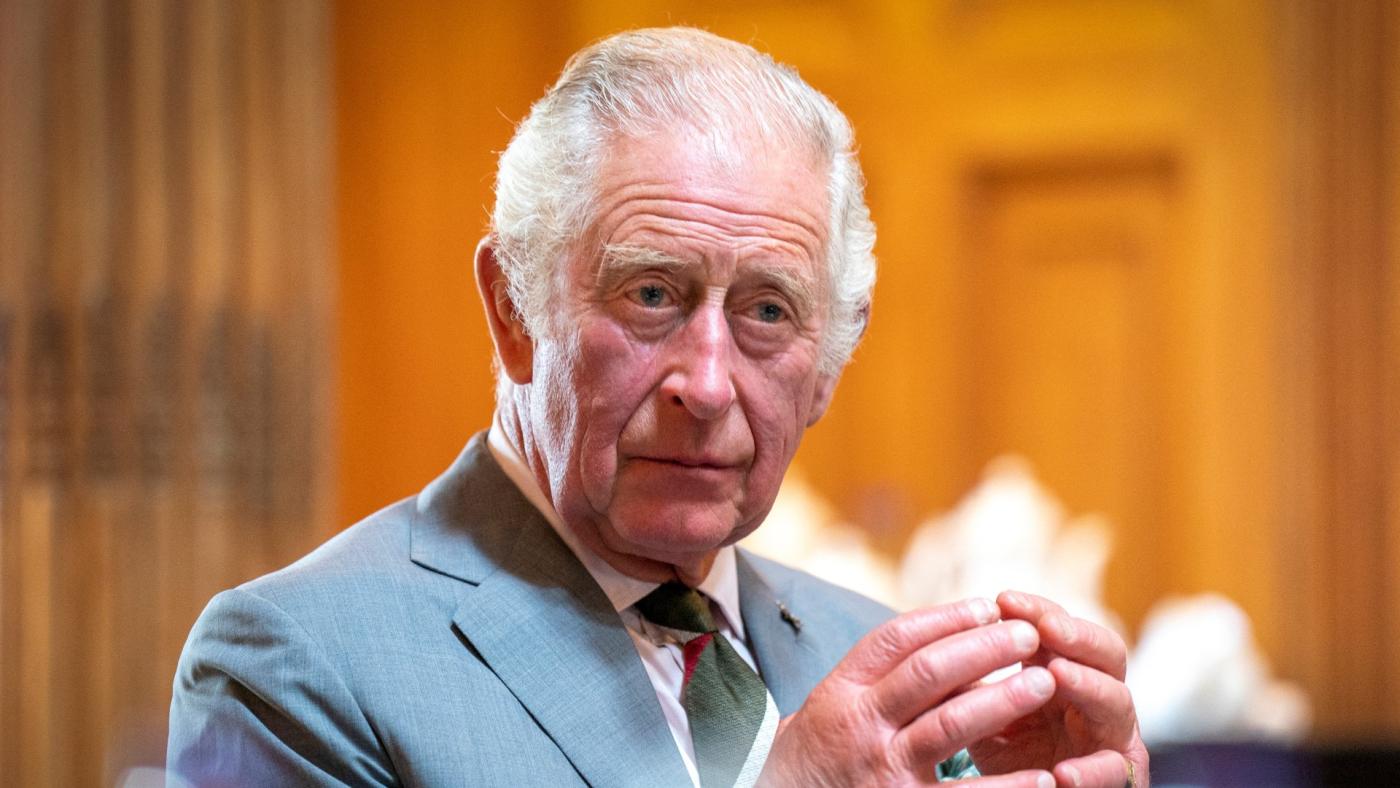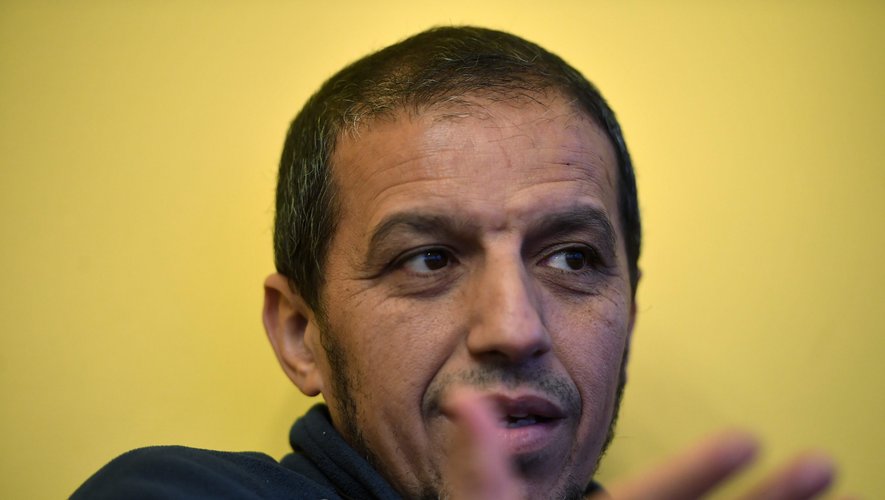“Following the killings of cartoonists, after the murders of young people listening to music, after the assassination of a police couple, after the murders of children, women, and men assisting at the celebration of the fete nationale, and today the murder of a priest conducting mass…There is horror, still more horror and a clear commitment to pit Frenchmen against one another. To destroy the national harmony which still stands. We Muslims were silent because we learned that in France religion is a private affair. We must now speak out because Islam has become a public affair and the current situation can no longer be tolerated.
As Muslims, of faith or culture, we are concerned by the powerlessness of the current Muslim organization of France, which has no control over events. Despite the efforts of those engaged, French Islam is badly managed by the representatives of countries where many French Muslims originate. This organization likely made sense when Muslims were immigrants. Today, the Muslims of France are 75% French. The majority is young, very young. Many among them are the prey not only of ideologues of radical Islam but also of political Islam. The traditional representatives no longer understand simply because they no longer know them.
So, it is necessary to change generations, with a clearly organized project: provide sustainable sources of financing and ensure transparent and open mosques, train and employ imams, engage in historical, anthropological, and theological endeavors which allow and will allow more people to be French and Muslim in the secular Republic. And finally, to lead the cultural battle against radical Islamism which concerns younger and younger youths, with the most modern means and techniques drawing on the most effective ideas and information. We must act as Muslims.
But also as Frenchmen. We must respond to French society’s questions, which ask us: ‘But who are you? What are you doing?’
Certainly this question is paradoxical: we have learned to make religion a private affair. Then why speak as Muslims? Because the risk of fracture becomes more pressing every day. So, before it is too late, before violence pits one against the other—this is Daech’s objective—we must act and assume responsibility. And we must move beyond the paradox: ‘Rid yourselves of difference; condemn because you are different.’ Through hard work and self-denial but also because the Republic has done its work, we have, as other citizens have as well, taken our place in French society. And today, this generation is ready to assume its responsibilities, notably the organization of French Islam.
A Foundation for French Islam was created more than ten years ago. It never functioned. It is time to reactivate it, to give it the ability to collect resources. The French of Muslim faith are ready to re-launch it, to give it life, to contribute to its financing. This foundation, at the national level as well as the regional level, could be the institution that will allow for the organization of French Islam. Beyond that, it is a pursuit of perspective, of social and cultural action, which we are ready to harness.
As Frenchmen, as well as Muslims. Because France needs it.”
The signatories: Kaci Ait Yala, chef d’entreprise ; Najoua El Atfani, cadre entreprise BTP, administratice club XXIe siècle ; Rahmene Azzouzi, chef du service urologie, CHU d’Angers ; Linda Belaidi, dirigeante EASI (European Agency for Strategic Intelligence) ; Tayeb Belmihoub, auteur, comédien ; Sadek Beloucif, chef du service anesthésie réanimation, hôpital Avicenne, ex-membre du Comité national d’éthique ; Amine Benyamina, professeur de psychiatrie et d’addictologie ; Nadia Bey, journaliste ; Abdennour Bidar, philosophe, inspecteur général de l’éducation nationale ; Antar Boudiaf ; Hamou Bouakkaz, conseiller d’arrondissement, ancien adjoint au maire de Paris ; Marc Chebsun, auteur, éditorialiste ; Abdelnor Chehlaoui, banquier d’affaires ; Fatiha Gas, directrice d’un établissement d’enseignement supérieur ; Mohamed Ghannem, chef du service cardiologie, Fondation Léopold-Bellan ; M’jid El Guerrab, ancien conseiller du président du Sénat ; Kamel Haddar, entrepreneur (éducation et média) ; Abderrahim Hafidi, universitaire, islamologue ; Sofiène Haj Taieb, DG Finances, fonds d’investissement ; Khalid Hamdani, chef d’entreprise, membre du Cese ; Majid Si Hocine, médecin ; Mehdi Houas, président Talan (conseil informatique), ancien ministre ; Elyès Jouini, professeur d’université, vice-président d’université, ancien ministre ; Hakim El Karoui, ancien conseiller du Premier ministre, chef d’entreprise ; Bariza Khiari, sénatrice de Paris ; Saadallah Khiari, cinéaste, auteur ; Shiraz Latiri, cadre, société d’assurance ; Kamel Maouche, avocat au barreau de Paris ; Kaouthar Mehrez, ingénieur ; Malika Menner, directeur des Relations externes d’un grand groupe télécom ; Louisa Mezreb, PDG Facem management ; Naima M’Faddel, adjointe au maire de Dreux, chargée de l’action sociale ; Pap’Amadou Ngom, PDG Des systèmes et des hommes ; Bouchra Rejani, directrice générale d’une société de production audiovisuelle ; Mahamadou Lamine Sagna, sociologue, chercheur à Paris-VII ; Nadir Saïfi, juriste ; Yasmine Seghirate, responsable de la communication pour une organisation internationale ; Mohsen Souissi, ingénieur ; François-Aïssa Touazi, fondateur CAPmena, ancien conseiller du ministère des Affaires étrangères ; Farid Yaker, président forum France Algérie ; Faiez Zannad, professeur de thérapeutique-cardiologie, CHU Nancy, université de Lorraine.’
Sources
http://www.lejdd.fr/Societe/Religion/TRIBUNE%2DNous%2DFrancais%2Det%2Dmusulmans%2Dsommes%2Dprets%2Da%2Dassumer%2Dnos%2Dresponsabilites%2D800095






